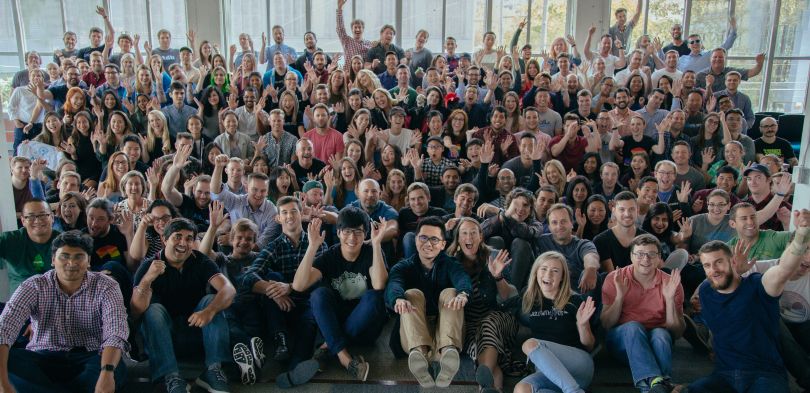In ancient Greece, those who wanted a glimpse of the future would have to ascend a mountain and speak to the Oracle at Delphi, who would give a vague and often ominous prophecy. Predicting the future is a lot more complicated now, but also more necessary.
Our world’s technology advances at a colossal rate each year. The statistics are staggering — according to Moore’s Law, the processing power of computers doubles roughly every 18 months, and that’s just the tip of the iceberg. To stay ahead of the curve, tech professionals need to become modern-day oracles, predicting what trends will be relevant to their industry in the next year and beyond.
Thankfully, they do not need to rely on Apollo’s gift of prophecy to be successful foretellers. Instead, they use their ingenuity and experience in conjunction with analyzing and extrapolating recent data and trends. With a bit of imagination, the right information and a lot of ingenuity, tech leaders can craft prophecies more useful and accurate than any mythic oracle.
Built In San Francisco sat down with Kinship Head of Technology Santosh Hegde and NextRoll Chief Technology Officer Valentino Volonghi to get a peek at their predictions for 2022. They are looking toward machine learning and data science as the essential tools of the next year.
Other tech growth statistics, courtesy of TechJury:
- 90 percent of big data was produced in the last two years.
- 127 new devices are connected to the internet every second.
- Internet users produce an average of 2.5 quintillion bytes of data daily.
- Since incorporating machine learning, Google Translate’s algorithm has increased from 55 percent to 85 percent efficiency.

What’s one tech trend you'll be watching closely in 2022?
Customer data — and what organizations do with it — has been trending for a while. We have seen emerging sophistication around managing large-scale data, even leveraging ML and AI to drive hyper-personalization and bring value to customers. All these trends have been pushing the boundaries of data fabric and I see this trend continuing in 2022.
What makes 2022 that much more interesting to me is the increasing awareness and focus on privacy-enhanced computation (PEC), which allows different parties to extract value from data and get actionable results from it — without the data ever being shared with those parties. This really makes the value of data collaboration compelling without sharing any personal or sensitive data, which is certainly top of mind currently.
It’s often laborious to draw useful conclusions from data held by different parts of the company because of policies in place preventing data sharing.”
How do you plan to apply this technology to your work in 2022?
Kinship is a tech company that brings science-backed, data-driven capabilities to pet parents with industry-leading brands like Whistle, a pet-wearable smart collar that emits pet data to our cloud to provide health insights about pets; Wisdom Panel pet DNA tests, which empowers the pet parents with behavior and health insights; TheWildest.com, a place for fresh dog and cat content; and many more.
Kinship meticulously stitches data into a large fabric to make personalized recommendations through our platform. Pet health, location and activity data must be protected by regulations but research often needs to draw from large datasets — and it’s often laborious to draw useful conclusions from data held by different parts of the company because of policies in place preventing data sharing. PEC can be useful in this case — no personal data is actually being shared, but the insights can still make a positive impact.

What’s one tech trend you'll be watching closely in 2022?
Over the past decade, machine learning has played an important and innovative role in the marketing technology industry. It’s allowed NextRoll to process massive amounts of data, enrich that data and make smarter buyer predictions — which benefits our advertising and email marketing customers. We predict machine learning will become more prevalent in the MarTech industry, as long as it’s applied in a privacy-first way.
Next year, we’ll continue to develop and test ideas on how our machine learning technology can support our customers without third-party cookies.”
How do you plan to apply this technology to your work in 2022?
Today, NextRoll’s machine learning technology relies on first-party and third-party cookie data to identify audiences and recommend bidding and budgeting for customer marketing campaigns. Next year, we’ll continue to develop and test ideas on how our machine learning technology can support our customers without third-party cookies. As members of the World Wide Web Consortium (W3C), we’re working with Google, Amazon, Facebook, Apple and Mozilla to navigate this change and create privacy-first roadmaps and recommendations.









